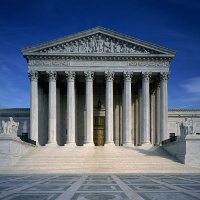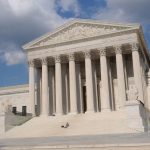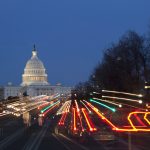 By Chris Katopis & Devlin Hartline
By Chris Katopis & Devlin Hartline
This week, the U.S. Supreme Court agreed to hear an important case concerning patent law procedures and the American legal system in general. In Iancu v. NantKwest, the Court asks, “Does all really mean all?” Read more


 On March 8, 2017, CPIP Scholars Adam Mossoff, Devlin Hartline, Chris Holman, Sean O’Connor, Kristen Osenga, & Mark Schultz joined an
On March 8, 2017, CPIP Scholars Adam Mossoff, Devlin Hartline, Chris Holman, Sean O’Connor, Kristen Osenga, & Mark Schultz joined an  In the last two weeks, the House and Senate Judiciary Committees marked up wide-ranging patent legislation ostensibly aimed at combating frivolous litigation by so-called “patent trolls.” But while the stated purpose of the House and Senate bills—H.R. 9 (the “
In the last two weeks, the House and Senate Judiciary Committees marked up wide-ranging patent legislation ostensibly aimed at combating frivolous litigation by so-called “patent trolls.” But while the stated purpose of the House and Senate bills—H.R. 9 (the “